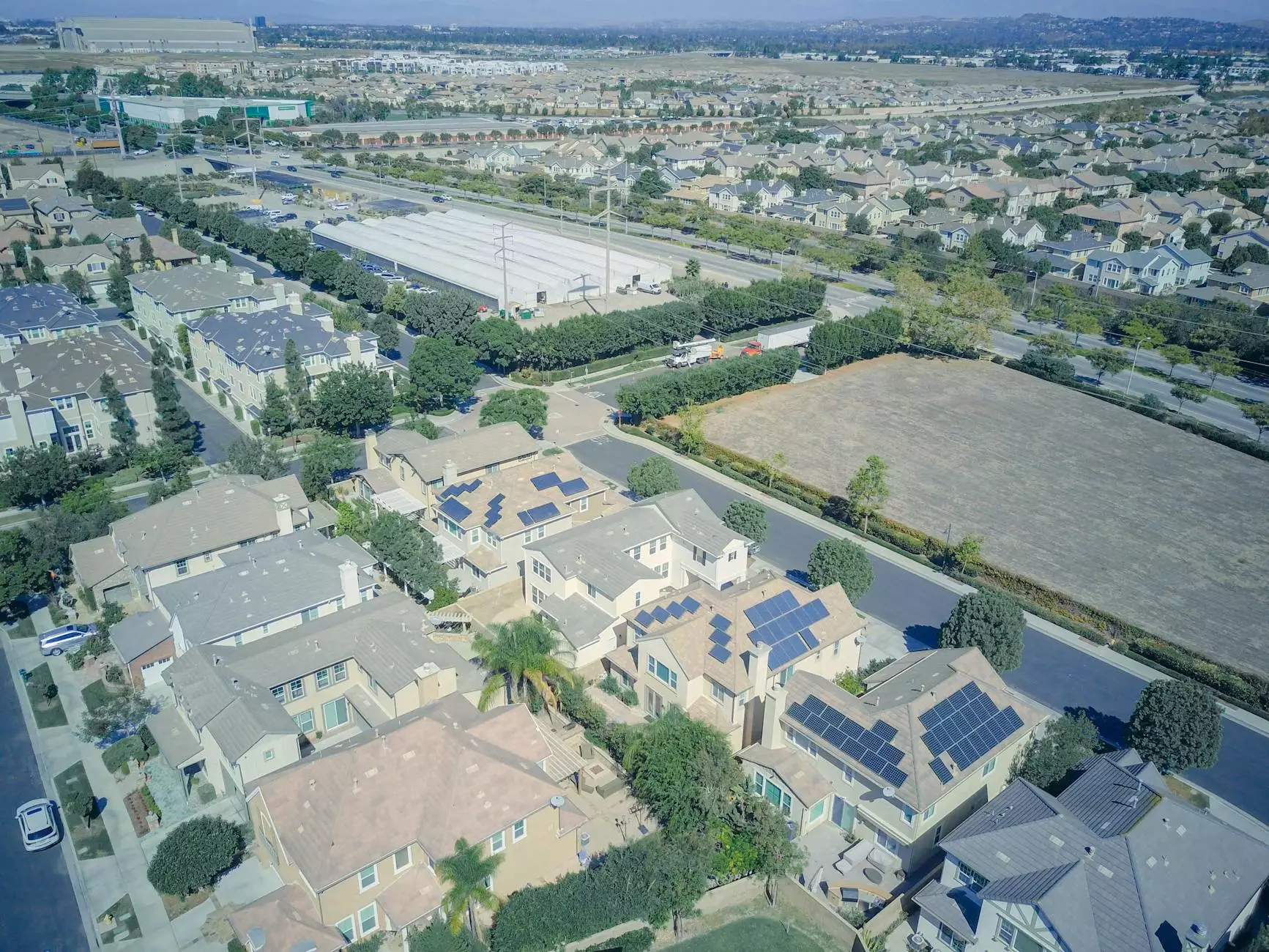Comprehensive Guide to Grain Bin Monitoring for Modern Farmers

In today's rapidly evolving agricultural landscape, effective grain bin monitoring is essential for maximizing the value of grain storage systems. Farmers must leverage advanced technologies to maintain product quality, improve operational efficiency, and ultimately enhance profitability. This article explores the critical aspects of grain bin monitoring systems and their significant impact on farming equipment and practices.
Understanding Grain Bin Monitoring Systems
Grain bin monitoring systems are advanced tools that provide real-time data about the conditions inside storage bins. By employing various sensors and technologies, these systems monitor crucial metrics such as moisture levels, temperature, and even insect activity. Accurate and timely data allows farmers to make informed decisions that enhance the quality of stored grain.
The Importance of Grain Quality
Grain quality is paramount in the agricultural sector. Poorly monitored storage can lead to spoilage, fungal growth, and pest infestations, severely affecting both yield and market value. Therefore, integrating grain bin monitoring technology not only preserves grain quality but also ensures higher profitability.
Key Components of Grain Bin Monitoring
Effective grain bin monitoring systems consist of several *key components*, including:
- Sensors: Devices that measure temperature, humidity, and pressure inside the silo.
- Data Loggers: Tools that record measurements over time for trend analysis.
- Communication Modules: Systems that transmit data remotely, often via cloud platforms.
- Alerts and Notifications: Automated systems that notify farmers of abnormal conditions.
Applications of Grain Bin Monitoring in Farming
With the rise of agricultural technology, the applications of grain bin monitoring extend to various farming practices:
1. Prevention of Spoilage
One of the primary benefits of grain bin monitoring is the early detection of conditions that can lead to spoilage. For instance, sensors that monitor moisture levels help farmers to vent or aerate their bins accordingly, preventing the growth of molds and mycotoxins.
2. Pest Management
Grain storage is susceptible to pest infestations, which can devastate a farmer’s yield. Integrated monitoring systems can alert farmers to unusual temperature increases that might indicate pest activity, allowing for timely intervention.
3. Harvest Optimization
Farmers can use grain bin monitoring data to optimize the timing of their harvests. By assessing weather conditions, moisture content, and grain temperature, farmers can ensure that they harvest at the ideal moment for maximum yield and quality.
Benefits of Implementing Grain Bin Monitoring Systems
Adopting advanced grain bin monitoring systems offers a multitude of benefits, including:
- Increased Efficiency: Automation reduces the time spent manually checking storage conditions.
- Cost Savings: Preventing spoilage and pest infestations results in substantial savings over time.
- Improved Profit Margins: Enhanced grain quality translates into higher market prices.
- Data-Driven Decisions: Access to real-time data fosters informed decision-making.
Choosing the Right Grain Bin Monitoring System
When selecting a grain bin monitoring system, farmers must consider several factors:
1. Compatibility with Existing Equipment
Ensure that the monitoring system integrates seamlessly with your current grain storage and handling equipment.
2. User-Friendly Interface
The system should be easy to navigate, providing farmers with straightforward data analysis tools and alerts for critical conditions.
3. Cost vs. Value
Consider the initial investment and balance it against the potential savings and profit increase from reducing spoilage and improving storage practices.
Best Practices for Grain Bin Monitoring
To maximize the effectiveness of your grain bin monitoring system, implement these best practices:
- Regular Calibration: Ensure sensors are calibrated correctly for accurate measurements.
- Routine Maintenance: Perform regular checks on the system to ensure all components are functioning optimally.
- Training Staff: Educate all relevant personnel on how to utilize the monitoring system effectively.
- Stay Informed: Keep up with the latest advancements in monitoring technologies and techniques.
Challenges in Grain Bin Monitoring
While grain bin monitoring systems offer tremendous advantages, farmers may encounter challenges such as:
1. Initial Investment Costs
The upfront costs can be a barrier for some farmers, particularly those with smaller operations. However, the long-term benefits often outweigh these initial expenses.
2. Technical Knowledge Requirement
Farmers may need training to effectively use and interpret data from monitoring systems, which can necessitate a learning curve.
3. Data Overload
With abundant data available, it can be overwhelming to discern which metrics are truly actionable. This reinforces the importance of developing specific goals and monitoring criteria.
Future of Grain Bin Monitoring
The future of grain bin monitoring lies in the integration of more sophisticated technologies such as IoT (Internet of Things), machine learning, and AI analytics. These innovations will allow for even better predictive analytics and more automated responses to changing conditions.
Integration with Smart Farming
As the industry progresses towards smart farming, integrating grain bin monitoring systems with other agricultural technologies will become increasingly important. This includes using drone data, satellite imaging, and soil sensors to create a comprehensive view of farm management.
Conclusion
In conclusion, grain bin monitoring represents an indispensable part of modern farming practices. Not only does it safeguard grain quality, but it also enhances productivity and profitability in agricultural operations. By leveraging technology and best practices, farmers can ensure their operations remain competitive in an ever-changing market.
Learn More at TSGC Inc.
For farmers looking to implement and optimize grain bin monitoring systems, TSGC Inc. offers a range of services, including farm equipment repair and expert consultations to enhance your farming equipment's performance.









